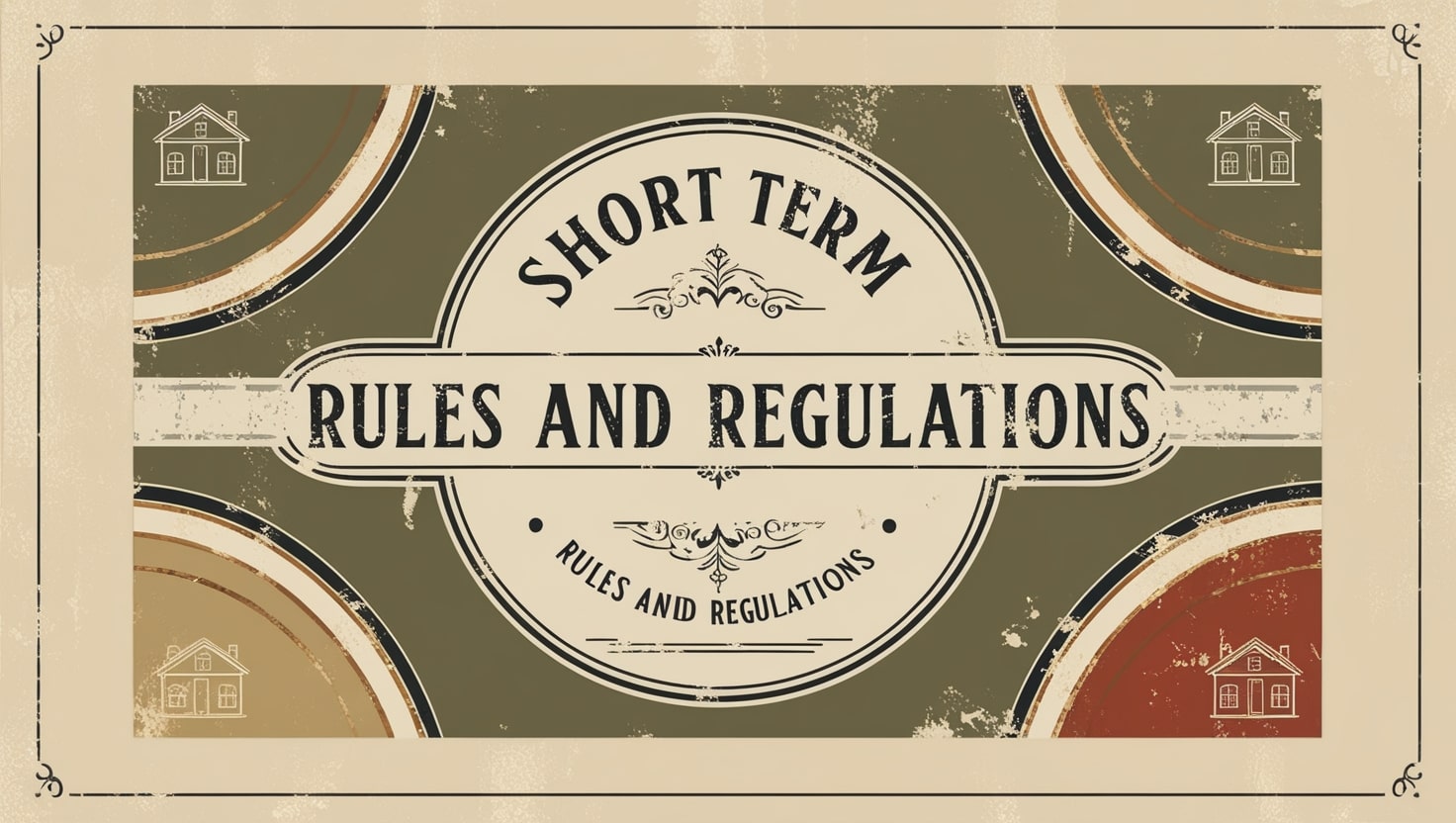Turin, Italy Airbnb Rules & Regulations
Last updated on: 4th July, 2025


Last updated on: 4th July, 2025

Turin has established specific regulations for short-term rentals, aimed at managing the balance between the booming tourism industry and the need to maintain affordable housing for residents. Here’s an overview of essential regulations that hosts need to be aware of before they begin renting their properties on platforms like Airbnb.
SCIA Submission: Hosts must submit a SCIA (Certified Notice of Commencement of Activity) via the Impresa in un Giorno portal, which formally notifies the city of their intent to operate a short-term rental.
CIR Code: After obtaining permission from the city council, hosts must verify it through the Turismo5 system to receive a CIR (Regional Identification Code). This code must be prominently displayed in all listings.
Documentation: Required documentation includes proof of identity, proof of property ownership, a detailed floor plan, and an Energy Performance Certificate (APE). Hosts must also secure a written rental agreement for stays shorter than 30 days.
Limited Rental Days: There is a cap of 90 days per calendar year for short-term rentals. For longer renting periods, hosts must register as an official accommodation business.
Property Limitations: Hosts are restricted to managing a maximum of two short-term rental properties within the city. Renting more than that is classified as a commercial activity, which comes with additional tax obligations.
Guest Registration: For stays under 30 days, hosts must register guests’ IDs to the Allogiati Web portal within 24 hours of check-in.
Flat Tax Regime: Hosts renting one to four properties can opt for a flat tax rate of 21% on rental income under the Cedolare Secca regime. Note that this will increase to 26% for those renting additional properties starting in 2024.
Tourist Tax: A tourist tax of €2.30 per person per night is collected for up to seven nights, which Airbnb administers directly during the booking process.
Turin appears to take a relatively lenient approach to enforcement compared to other major Italian cities. Many hosts report operation without significant issues, provided they comply with basic registration and avoid disturbances. However, with upcoming nationwide regulatory changes in 2024, there’s potential for stricter enforcement in the future.
To sum up, while hosting short-term rentals in Turin is feasible and, for the most part, manageable, potential hosts must navigate a series of regulations concerning registration, limitations on rental days, property ownership, and tax obligations. Staying informed and compliant with local laws is crucial for a successful rental experience.
For anyone planning to host in Turin, proactive engagement with local authorities and possibly consulting a legal professional may be beneficial to ensure all regulations are met satisfactorily.